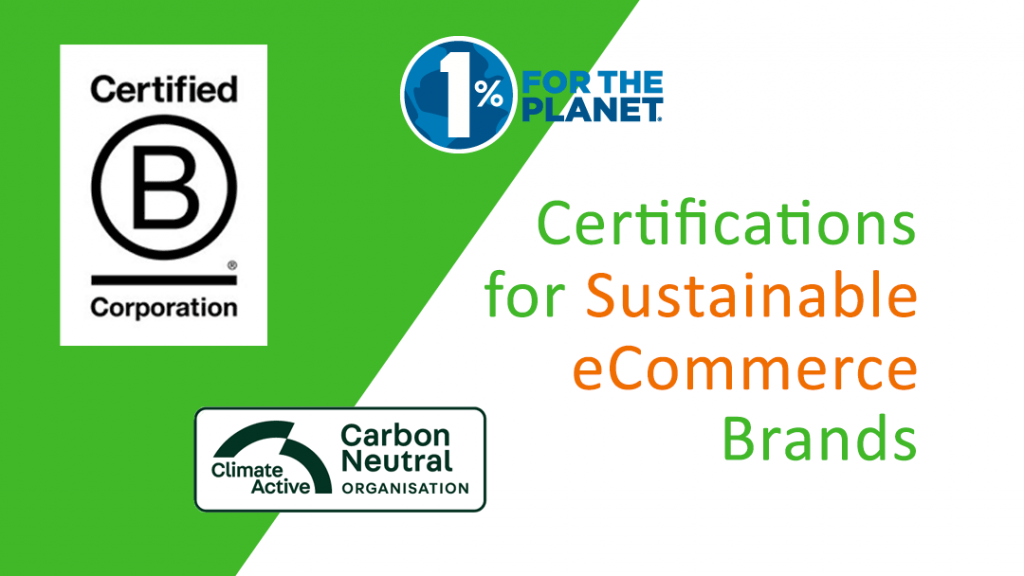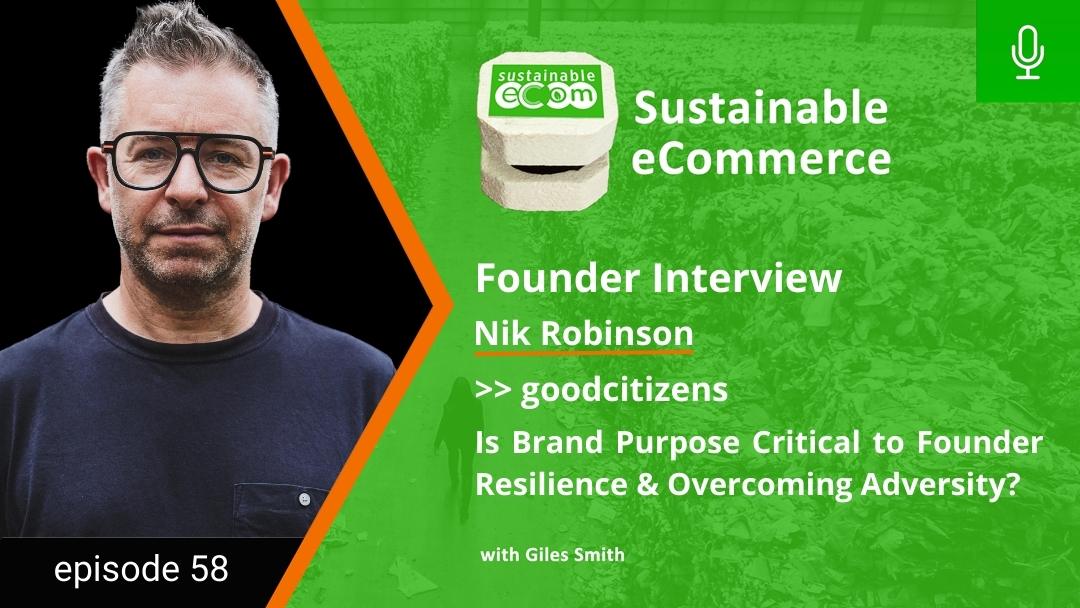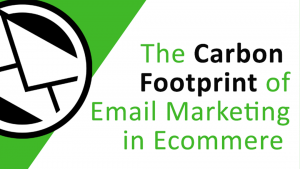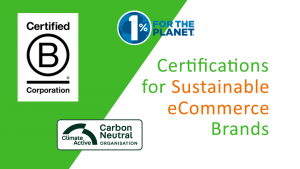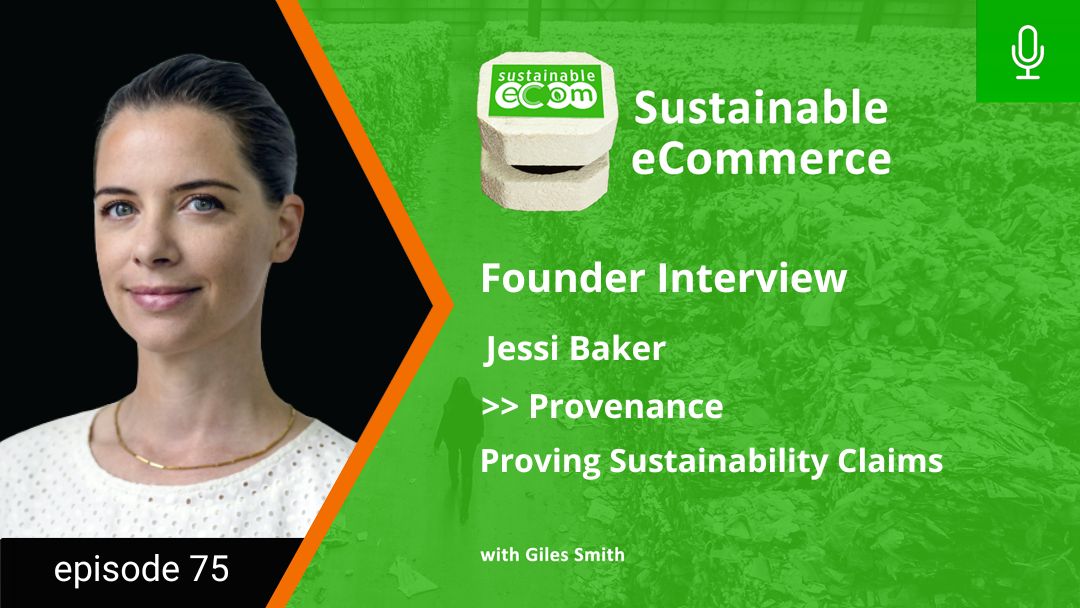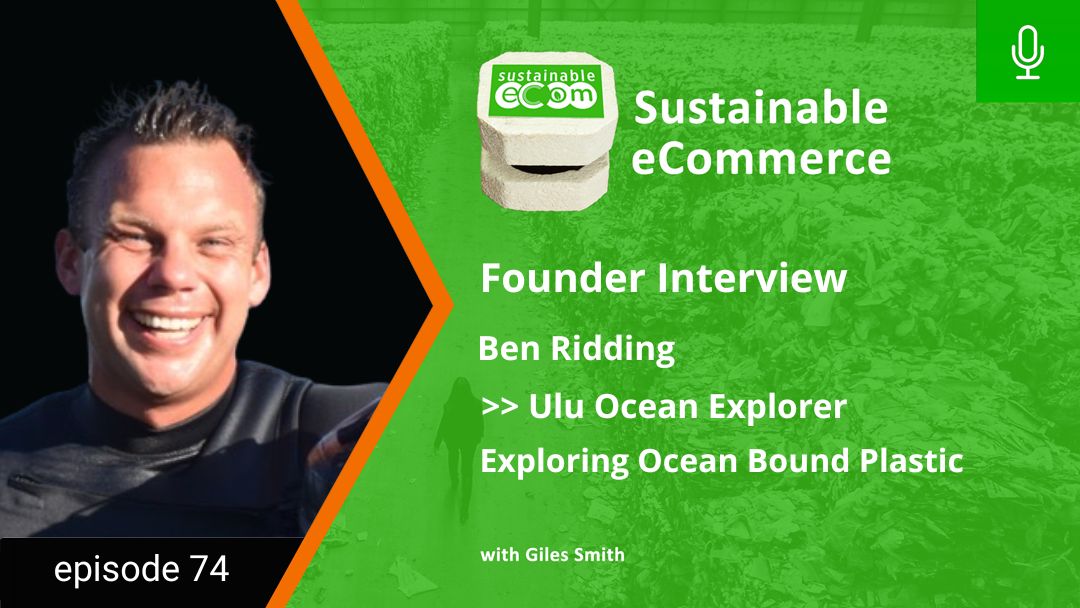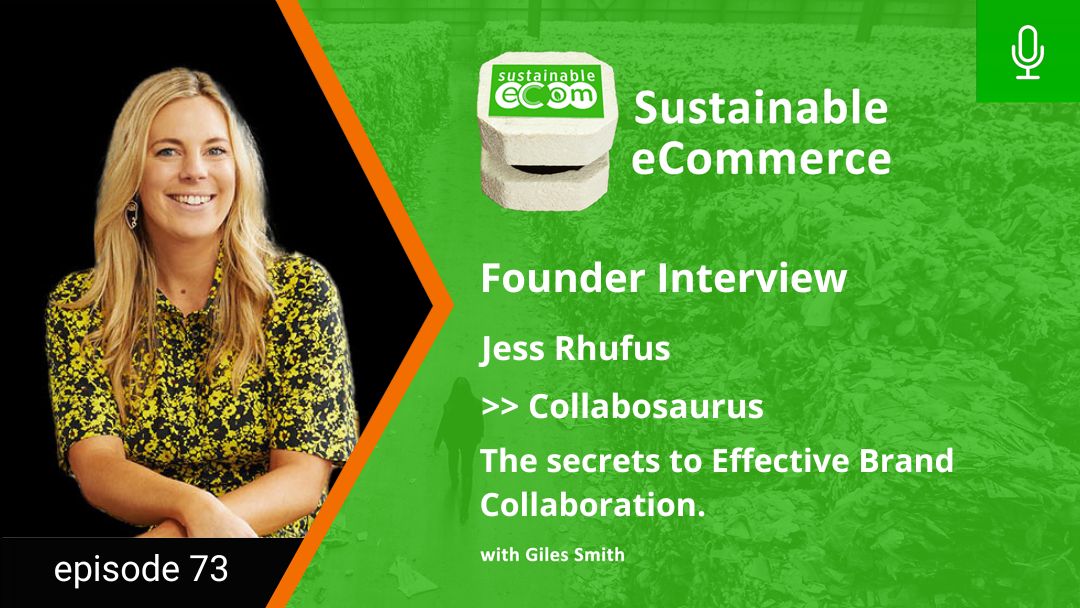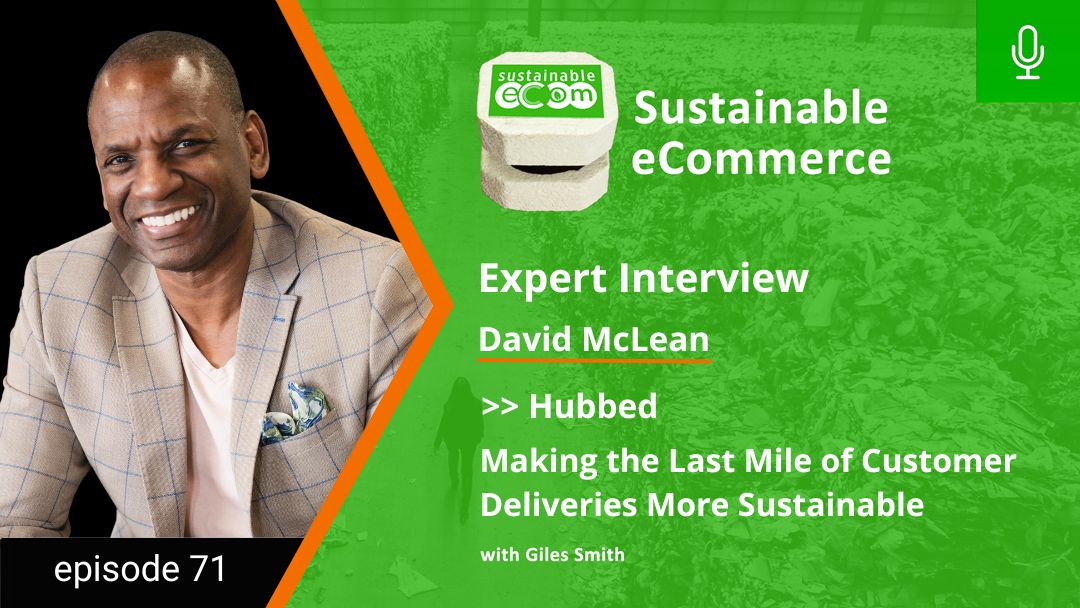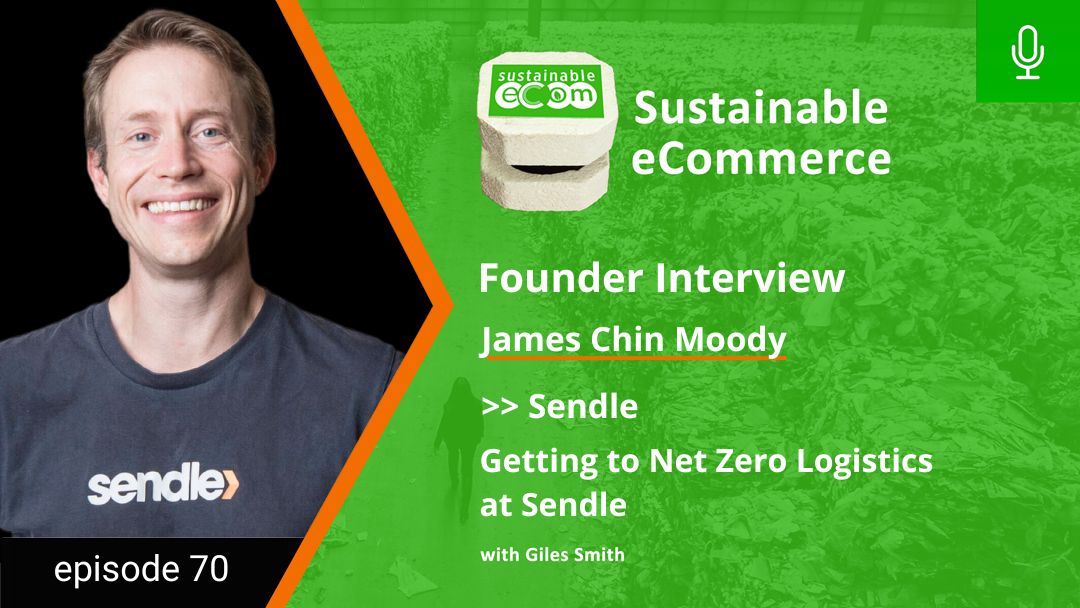What Certifications Are Available for Sustainable eCommerce Brands & How Do You Get Them?
Consumer demand for sustainable products has been increasing steadily over the past decade. Recent research by the WWF suggests a huge surge in the past 5 years in particular, with a 71% increase in demand, peaking through the pandemic. This change in consumer behaviour of course is forcing change in the eCommerce industry. Many established brands are seeking sustainable solutions, and similarly many eco-conscious brands are popping up at a rapid clip.
Both theory and data do support the notion that consumers are actively seeking sustainable products. However, that doesn’t necessarily translate to a willingness to spend more on a sustainable product compared to a less eco-friendly alternative that essentially fulfills the same purpose. Several studies have shown that while upward of 70% of consumers are interested in sustainable products, only 40% (2 in 5) of those are actually willing to pay more for them.
Consumers are Suspicious of Greenwashing
Consumers are also becoming more savvy and rightly suspicious of retailers leveraging environmentally conscious language to appear eco-friendly, without actually changing their behaviour, processes or product composition. This is a practice known as greenwashing. While even big brands like Coca Cola and Zara are leveraging that practice, it makes it harder for smaller brands to convince consumers to pay a premium for their truly sustainable initiatives.
According to a 2020 research study by IBM, 71% of consumers who purchase from brands that align with their values would pay more only if the brand provides transparency and validation of their sustainable practices.

All of this brings into focus the value of accrediting your brand with formal, third-party and widely recognisable certifications. Leveraging sustainable certification is a statement to the world about your business practices, as well as independent ‘proof’ to the customer that spending money with your brand aligns with their values.
We can think about ecommerce sustainability certification falling into three connected buckets. Brand Certifications cover business-level assessments that include your brand’s overall commitment to sustainability & ethical practices. Secondly, there are product-level certifications that apply to specific items you sell, based on the materials and processes used to produce them. Lastly, there are certifications you should look for when seeking suppliers. Many of the Brand and Product certifications also apply here of course, but there are some addition certifications to consider.
Below, we examine Brand Certifications in more detail.
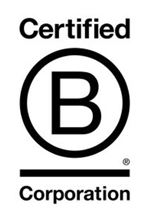
Certified B Corporation
The B-Corp Certification was started by Sir Richard Branson in 2007. It is designed to measure a company’s entire social & environmental performance. Don’t be fooled by the name, which makes it sound relevant only for large American corporations. In fact, most of the 3500-odd certified businesses are SMEs. Attracting brands from over 70 countries, this is one of the most widely used Brand-Level certification schemes.
To be eligible to apply, you must have been trading for at least 12 months. Your business gets graded based on an impact assessment, and will need to score 80 points of more to be awarded with B Corp Status. Once you’ve begun the process you can stay ‘in-train’ and make improvements along the way until you qualify.
There is a one-off certification fee of $250 to apply, and ongoing annual fees based on your revenue. Refer to the BCorp Home page for current pricing, but fees start at just $1000 for brands with revenue under $150k, while certification for businesses at $1.5m will cost $1400.
What eCommerce Brands are using BCORP Certification.
BCORP certification is rising in popularity in Australia, so much so that Blabs is taking up to a year to complete certification process. Great Aussie eCommerce brands already on board include Boody, Flora & Fauna, Coconut Bowls, Oli Ella, Bondi Born, Citizen Wolf, Aesop, Stay Tray, Koala, & memobottle.
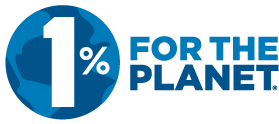
1% For the Planet
1% For the Planet certification provides visible proof that your organisation is balancing profits with contribution to sustainable causes.
Founded by Yvon Chouinard (founder of Patagonia) in 2002, 1% for the Planet has become a globally recognised movement.
Being able to leverage the 1% For the Planet logo and trademark is a relatively easy process. All you really need is to prove your business financials and that you are indeed donating 1% of profits to environmental causes.
Examples of Australia eCommerce brands already signed-up include: Everett Swimwear, BKT-Trail, Wholesome Hub, Keepcup, Boardsox, Touche, Bondi Born, Boody & WAW Handplanes.
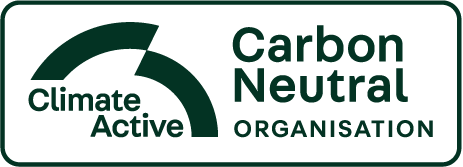
Carbon Neutral Organisation
Issued by Climate Active, an Australian Government Initiative.
If your brand is pushing towards the 2026 carbon neutral goals, then you’ll be interested in exploring the Australian Government’s Climate Active Initiative. The new Carbon Neutral Certification has replaced the older National Carbon Offset Standard. To become certified, you’ll need to follow the prescribed process to prove carbon neutrality in your business processes, either by reducing carbon emissions directly or purchasing carbon offsets.

Direct fees to apply for and maintain certification vary depending on your benchmarked offset level prior to offsetting, which does make the process tricky to budget for. Moreover, their actual process is typically bureaucratic and confusing, which means most likely you’ll want to engage one of their recommended consultants to help you navigate the process. You can find a list of their registered consultants here.

